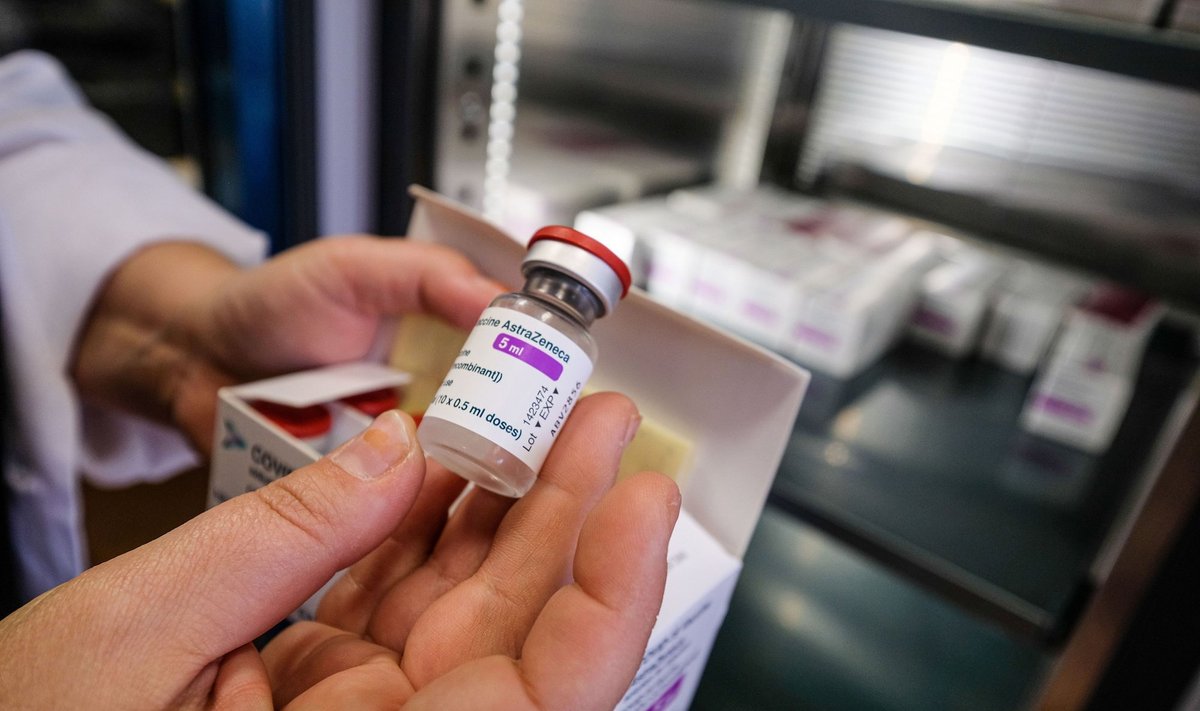Meanwhile, the European Medicines Agency announced on Thursday that the AstraZeneca vaccine is "safe and effective" and “is not associated with an increase in the overall risk of blood clots (thromboembolic events) in those who receive it”.
“The reaction [thromboembolic events] was considered as possible… We thought that we cannot rule out the link [between vaccination and the thromboembolic events], given that those people suffered from such events and there was a period when that was realistic,” Rugile Pilviniene of the State Medicines Control Agency, told BNS on Friday.
Nonetheless, she emphasized that the European Medicines Agency had concluded after studying data from various countries that the AstraZeneca vaccine “is not associated with an increase in the overall risk of blood clots”.
Lithuania has resumed vaccination with the AstraZeneca vaccine on Friday following an announcement by the European Medicines Agency that the vaccine is safe and effective.
Vaccination with the AstraZeneca vaccine was put on hold in Lithuania from Wednesday.
The decision of the Health Ministry to suspend vaccination was based on a recommendation from the State Medicines Control Agency, which received three reports about incidents of thromboembolism after vaccination.
A number of European countries suspended the use of this vaccine last week amid concerns about the incidents of blood clots developed in several dozens of people among millions of those who received the AstraZeneca jab.
According to the data from the European Medicines Agency, a total of 469 thromboembolic events were reported after vaccination, including 191 events in the European Economic Area (EEA).
